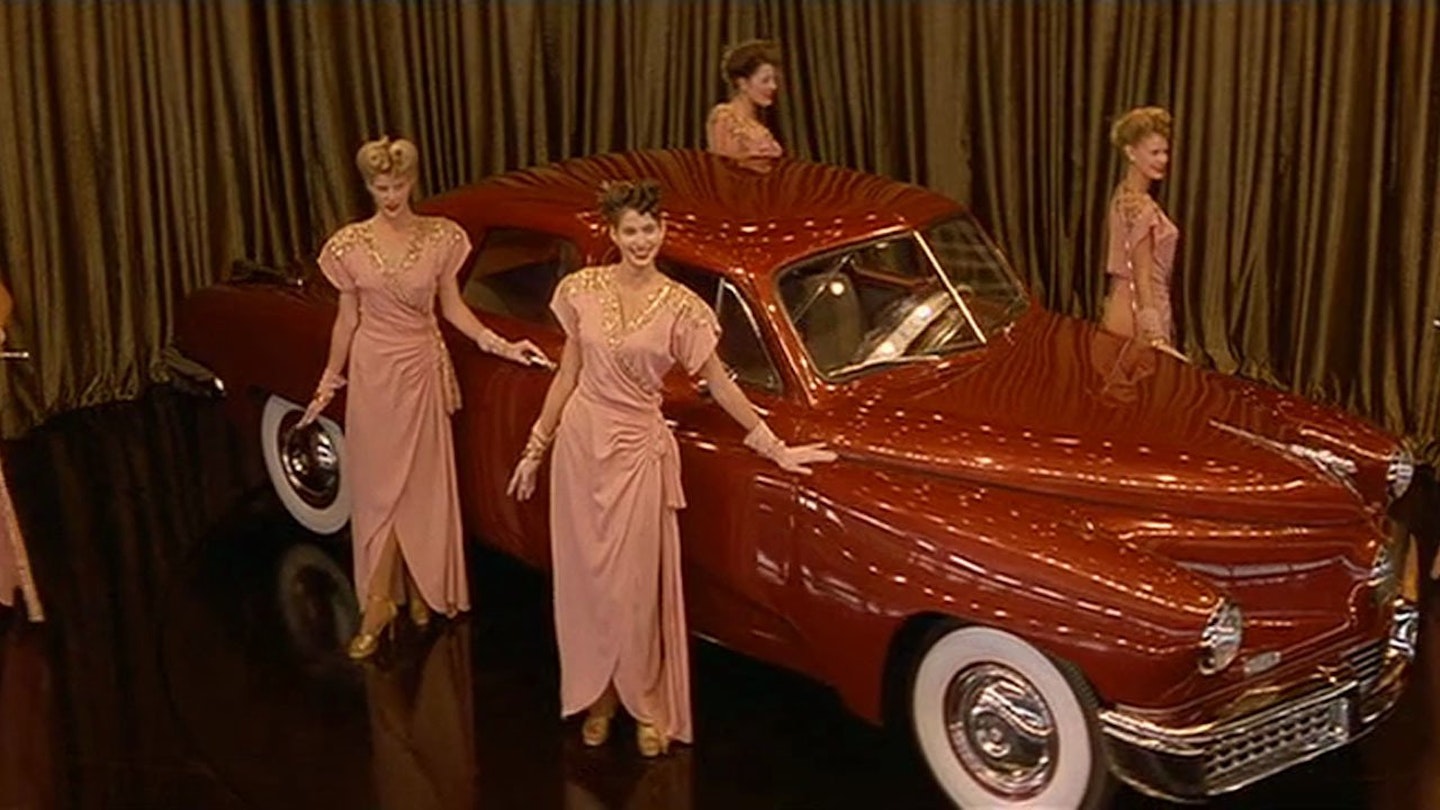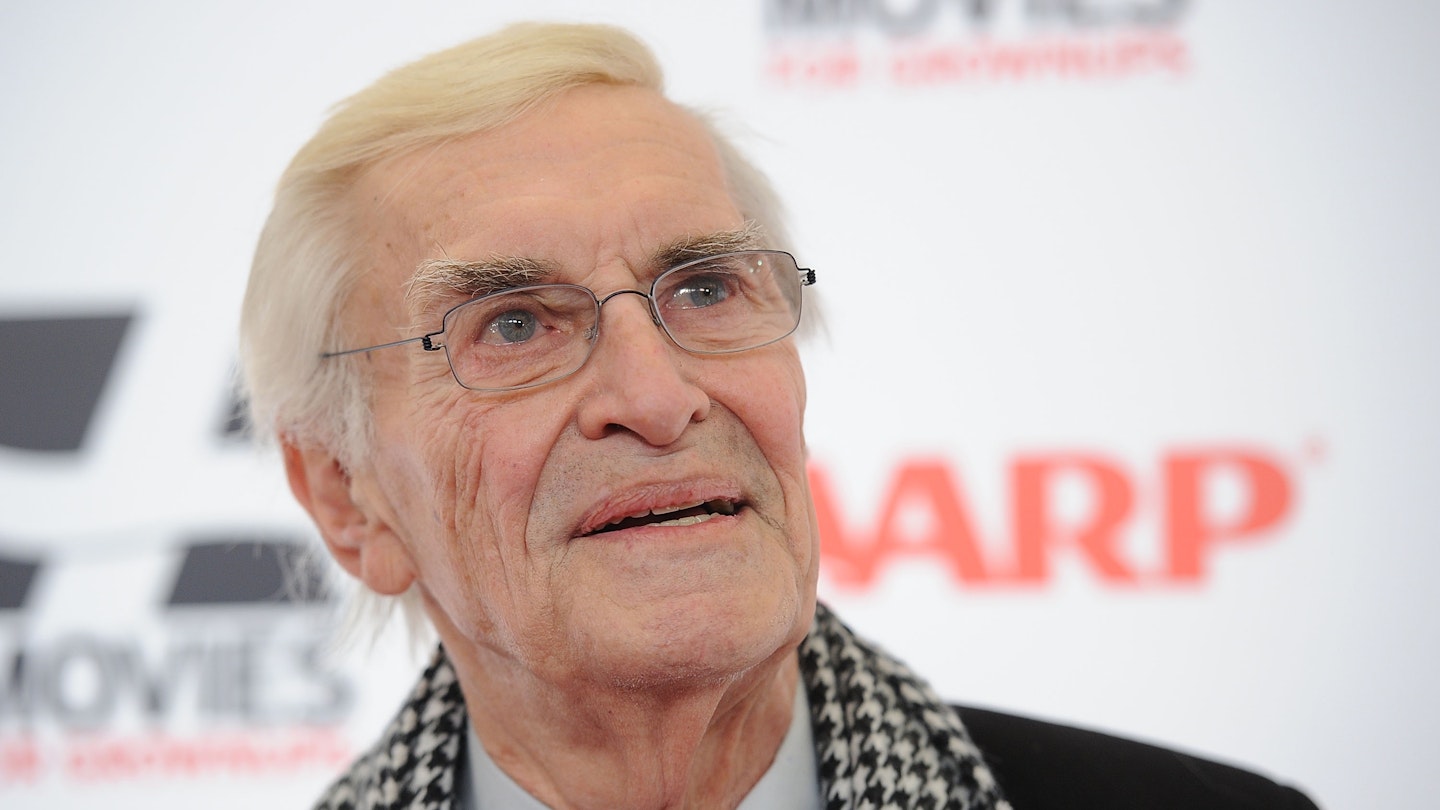It is impossible to ignore the parallels between the subject of this stylish biopic and its director, Francis Coppola. Just as Preston Tucker tried to forge his own factory to manufacture a range of luxury cars in opposition to the big 3 Detroit automobile companies, Coppola attempted to build his own studio — American Zoetrope — and create his own personal brand of cinema miles away from the spectre of Hollywood studio interference. That both men ultimately failed in their aspirations should make Tucker: The Man And His Dream a depressing experience, but in fact, it is a joyous celebration of the maverick American spirit, even if never really gets under the skin of its flawed hero.
Jeff Bridges attacks the role of Tucker — part inventor, part con artists, all showman — with a mile wide grin and an optimism that would make a Scientologist look morose. Cosseted by his big family and regular collaborators (more Coppola traits), Tucker’s attempts to build his dream machine — a terrific looking vehicle, it’s special feature is a third headlight that turns in the same direction as the steering wheel — creating a prototype out of junkyard detritus, and then promoting the product to a sceptical public (the unveiling of the car sees a fire backstage) are engaging. Kudos here to an Oscar nominated Martin Landau as Tucker’s ageing right hand man, who adds a subtle counterpoint to Bridges’ big performance.
But what really pulls you through the movie is its high style. Shot with all the sharpness and colours of a 1940s billboard, Vittorio Storaro’s cinematography is sumptuous and endlessly imaginative, including a theatrical use of transitions between scenes that kidnap the breathe.
If you wanted to nit-pic, you could argue that the film doesn’t delve to deeply into Tucker’s motivations or character — this is much more about the dream than the man — and Coppola ignores the darker undertones inherent in its story of thwarted ambition and the little man being crushed by huge corporations. But it remains a gorgeous entertaining evocation of both a fascinating period and a little known American huckster.

